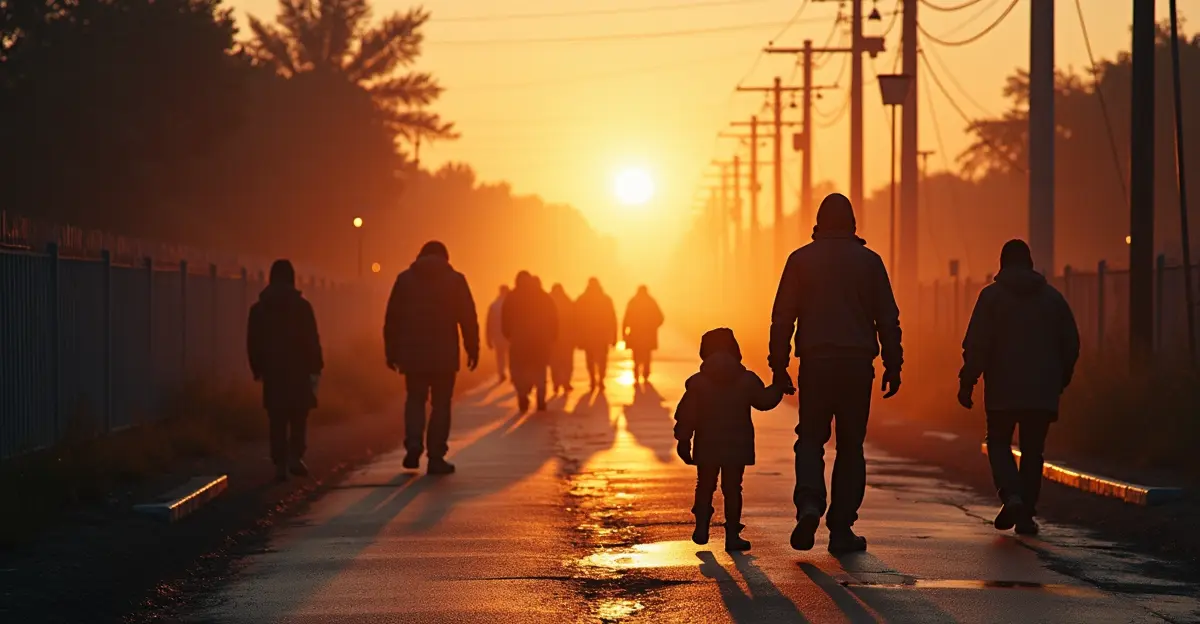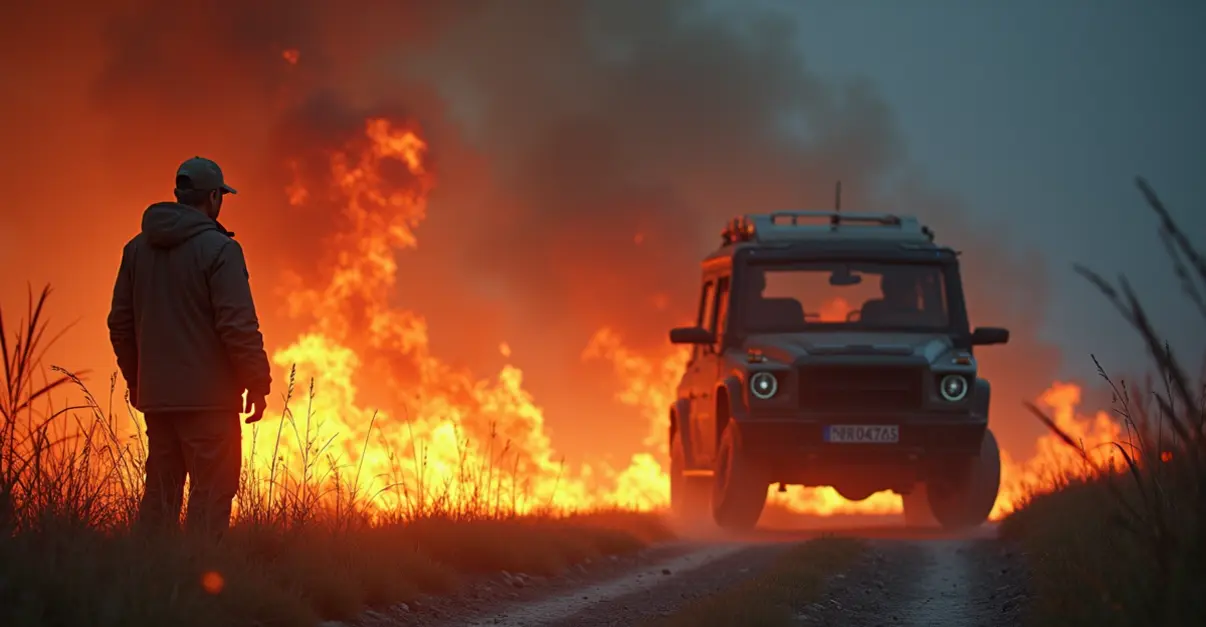Rising Heat Threats Demand Comprehensive Public Health Response
As climate change intensifies, extreme heat events are becoming more frequent and severe, posing significant health risks to vulnerable populations across the United States. Public health agencies are launching comprehensive 2025 campaigns focused on hydration guidance and emergency response coordination to combat heat-related illnesses that claim thousands of lives annually.
Alarming Statistics Drive Urgent Action
Recent data reveals a growing crisis: U.S. workplace heat-related deaths increased 70% over the past decade, with 2023-2024 among the deadliest years on record. The CDC reported 119,605 heat-related emergency department visits during May-September 2023, with males aged 18-64 disproportionately affected. 'We're seeing unprecedented heat-related illness rates that demand immediate public health intervention,' says Dr. Sarah Chen, emergency medicine specialist at Johns Hopkins Hospital.
Targeted Hydration Outreach Programs
Public health departments are implementing innovative hydration guidance campaigns targeting vulnerable groups including outdoor workers, elderly residents, and children. The Arizona Department of Health Services' 2025 Updated Strategies include mobile hydration stations, workplace safety protocols, and community education about recognizing early signs of heat exhaustion.
Construction workers face particular risks, accounting for 34% of all occupational heat-related deaths despite representing only 6% of the workforce. 'Our outreach teams are visiting construction sites with hydration education and cooling supplies,' explains Maria Rodriguez, public health coordinator for Phoenix's heat response program. 'We're teaching workers to drink water before they feel thirsty and recognize when they need breaks.'
Emergency Response Coordination Advances
Major cities are enhancing their emergency response systems for heat events. The Federation of American Scientists' 2025 Heat Policy Agenda calls for establishing a White House National Heat Coordinator and defining extreme heat as a 'major disaster' under the Stafford Act. This would unlock federal resources for coordinated emergency responses.
Local initiatives include expanding cooling center networks, implementing heat warning systems, and training first responders to handle heat-related emergencies. 'Our 2025 response plan integrates real-time weather monitoring with health outcome tracking,' says David Thompson, emergency management director for Maryland. 'When we see temperatures rising, we activate cooling centers and deploy outreach teams to check on vulnerable residents.'
Protecting Vulnerable Populations
Elderly individuals, children under five, and people with chronic medical conditions face the highest risks during heat waves. Public health campaigns are focusing on home visits, telephone check-in programs, and community partnerships to ensure these groups receive adequate hydration and cooling assistance.
The economic impact is staggering - extreme heat cost the U.S. economy $162 billion in 2024, nearly 1% of GDP. 'We cannot afford to ignore this public health crisis,' states Dr. Michael Reynolds, climate health researcher at Harvard. 'Every dollar invested in prevention saves multiple dollars in emergency response and lost productivity.'
Looking Ahead: Building Heat Resilience
Public health experts emphasize that heat prevention requires year-round planning and community-wide engagement. Successful campaigns combine traditional outreach with digital tools, social media alerts, and partnerships with local businesses to distribute water and cooling supplies.
As temperatures continue to rise, these 2025 initiatives represent a critical step toward building heat-resilient communities. 'The time for action is now,' concludes Dr. Chen. 'With coordinated public health efforts, we can prevent countless heat-related illnesses and save lives during extreme weather events.'

 Nederlands
Nederlands
 English
English
 Deutsch
Deutsch
 Français
Français
 Español
Español
 Português
Português










